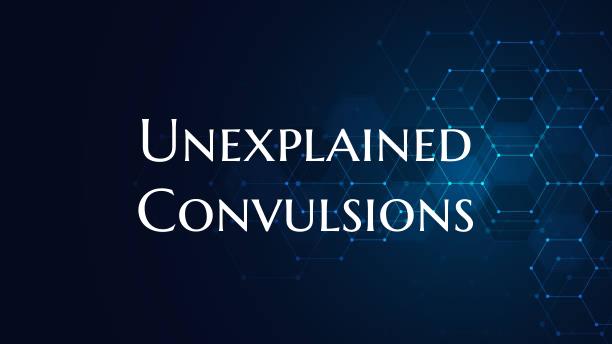
Unexplained Convulsions
Unexplained convulsions, also known as seizures, are sudden, uncontrolled electrical disturbances in the brain that can cause changes in behavior and movements. These episodes can be concerning and alarming for both the individual experiencing them and those around them. Understanding the potential causes, recognizing the symptoms, and exploring available treatment options are crucial steps in managing unexplained convulsions.
Causes: There are various reasons why unexplained convulsions may occur. Some common causes include epilepsy, a neurological disorder characterized by recurrent seizures; fever-related seizures, which can happen in young children during a high fever; head injuries; strokes; brain tumors; low blood sugar; electrolyte imbalances; infections such as meningitis or encephalitis; and drug or alcohol withdrawal.
Symptoms: The symptoms of unexplained convulsions can vary depending on the individual and the underlying cause. However, some common signs to look out for include sudden loss of consciousness, muscle stiffening or jerking, drooling or frothing at the mouth, confusion or disorientation after the episode, fatigue, headache, or bruising due to the convulsive movements.
Treatment: Proper diagnosis and treatment are essential in managing unexplained convulsions. If someone experiences a seizure, it is important to ensure their safety by moving nearby objects out of the way and cushioning their head. Avoid restraining the person during the seizure and make sure to time its duration. After the seizure, individuals should be turned onto their side to maintain an open airway and prevent choking.
Once a seizure has occurred, seeking medical attention is crucial for determining the underlying cause and receiving appropriate treatment. Depending on the diagnosis, treatment options may include medication to control seizures, lifestyle modifications, such as getting enough sleep and managing stress, and in some cases, surgery or other interventions to address the root cause of the convulsions.
In conclusion, unexplained convulsions can be a challenging and frightening experience for those affected by them. By understanding the potential causes, recognizing the symptoms, and seeking appropriate medical care, individuals with unexplained convulsions can better manage their condition and improve their quality of life. It is important to work closely with healthcare professionals to develop a comprehensive treatment plan tailored to each individual's specific needs.